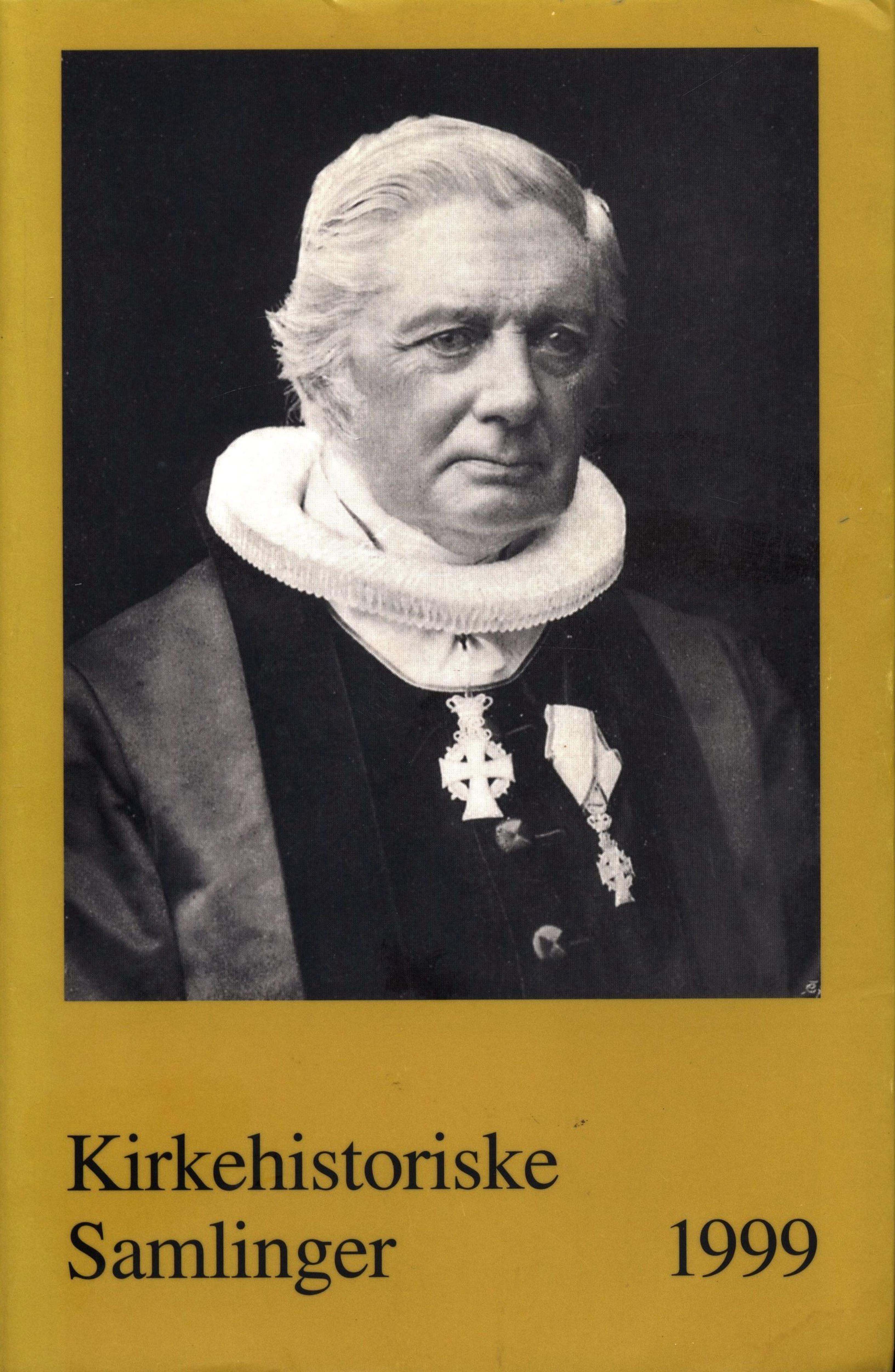Publiceret 15.12.1999
Citation/Eksport
Copyright (c) 2024 Tidsskriftet Kirkehistoriske Samlinger

Dette værk er under følgende licens Creative Commons Navngivelse – Ingen bearbejdelser (by-nd).
Resumé
In Denmark religious liberty was given with the Free Constitution in 1849. Nine years earlier, the Baptist minister P.C. Mønster from Copenhagen as the very first Dane had submitted a petition for complete religious liberty to the Advisory Assembly in Roskilde. It was received by the secretary of the Assembly, bishop Mynster of Zealand, who refused to present the petition. Accordingly, it was never discussed but filed in the archives. Here it was found by the author of this article in the 150th year of anniversary for the Free Constitution. It is published here for the first time. Since the Reformation in the 16th century Danes had to belong to the Evangelical Lutheran National Church. Until 1849 the laws secured religious uniformity. Religious intolerance became a matter of discussion within the religious revival of the 19th century. From 1832 Grundtvig created his own model, 'the Nordic liberty', according to which the State Church was not a real church but a civil establishment in which the true Church was a guest for which the State had to provide good living conditions including the abolition of the Parish Bond. Grassroots in the religious revival with Rasmus Sørensen in the forefront became spokesmen of 'the American liberty', prescribing separation of Church and State. Nobody in Denmark spoke of 'the French liberty' where the people became hostile to the King and his Church. Mønster could have used all options here mentioned for his model of liberty. He knew personally Grundtvig and Sørensen - and he had travelled in Europe in the beginning of the century. Mønster became a Baptist in the fall of 1839. In July 1840 he handed in the above mentioned petition to the Advisory Assembly. Mønster asked for 'the British liberty' - i.e. the right to separate from the State Church in order to build free Churches or to live without relation to any Church, at all. In his petition Mønster shows that pluralism in religious life prohibits intolerance. And he argues for religious liberty by showing the blessing it has meant to England for both the Churches and their mission and for the people who by freedom is given a chance of prosperity and glory. After Mønster abandoned the State Church in 1839 he was prisoned five times for a total of two years. From the prison he wrote three petitions to the King and finally the King published the 'Bill of Baptists' in the last days of 1842. According to this Baptists should be persecuted if they did not submit. Consequently, their children were taken by police and baptized by compulsion in the State Church. Bishop Mynster had been the Kings adviser. At the same time both Grundtvig and Sørensen wrote books asking for religious liberty for Baptists - Grundtvig asked for the right of Baptists to live within the State Church, Sørensen argued for their right to separate in free Churches. After considerable pressure from liberal journalists in Copenhagen the new King granted religious freedom by publishing the 'Amnesty Bill for Baptists' in June 1848. The Free Constitution was granted June 5th 1849. Religious liberty was secured in Denmark by Baptists who made the primary contribution followed by liberals with their bigger voices adding a significant and necessary support.

